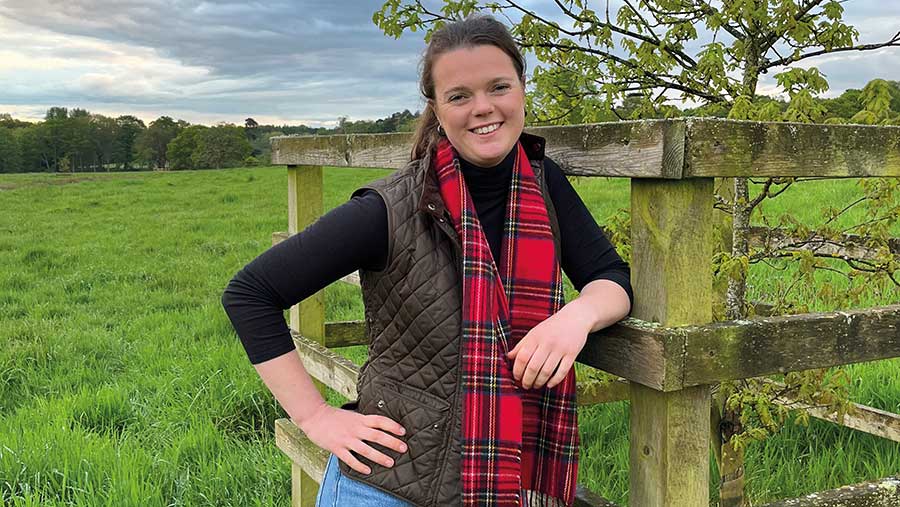Molly Biddell: Biodiversity net gain is worth the wait
 © Molly Biddell
© Molly Biddell Back in 2021, I spent several days hooked on Parliament TV – not a channel I’d ever thought would be in my “most watched” category.
At the time, it was my job to analyse the progress of the Environment Bill through parliament, and we were all getting quite excited about a shiny new idea within the bill called biodiversity net gain (BNG).
Three years later and, as of 12 February, BNG has become a legal requirement for developers across England.
This means they must demonstrate at least a 10% uplift in the biodiversity levels of their site, in order to be granted planning permission.
See also: Molly Biddell – every farmer needs an ecologist
So what does BNG mean for farmers? Will this nifty three-letter acronym make a big difference or is it just more jargon?
BNG creates an income stream for habitat restoration as off-site biodiversity units can be sold to developers.
So for those of us with exciting nature restoration plans, BNG helps create the business case for nature and shifts environmental management from a fluffy, philanthropic “nice to have” to something that generates a revenue stream for the ecosystem services we can provide.
It’s an important and exciting piece in the puzzle of nature markets.
But a word of caution. BNG agreements are long-term commitments and can be complex. It’s important we don’t let the tail of a new income stream wag the dog of long-term land management.
Biodiversity unit generation takes time to plan and needs to fit within the overall management and holistic vision of a rural business. For some, it simply won’t be relevant.
Of course, there are barriers to overcome, such as the under-resourcing of local planning authorities and the availability of ecologists.
Just as “carbon tunnel vision” is a problem, we must avoid becoming “biodiversity blinkered” – and we need to remember and value all the other ecosystem services that habitat restoration generates.
BNG alone will not solve the global biodiversity crisis, but it’s really exciting to see the creation of a new biodiversity-led marketplace, and the innovation, jobs, and collaboration that go with it. I, for one, believe it is worth the wait.

